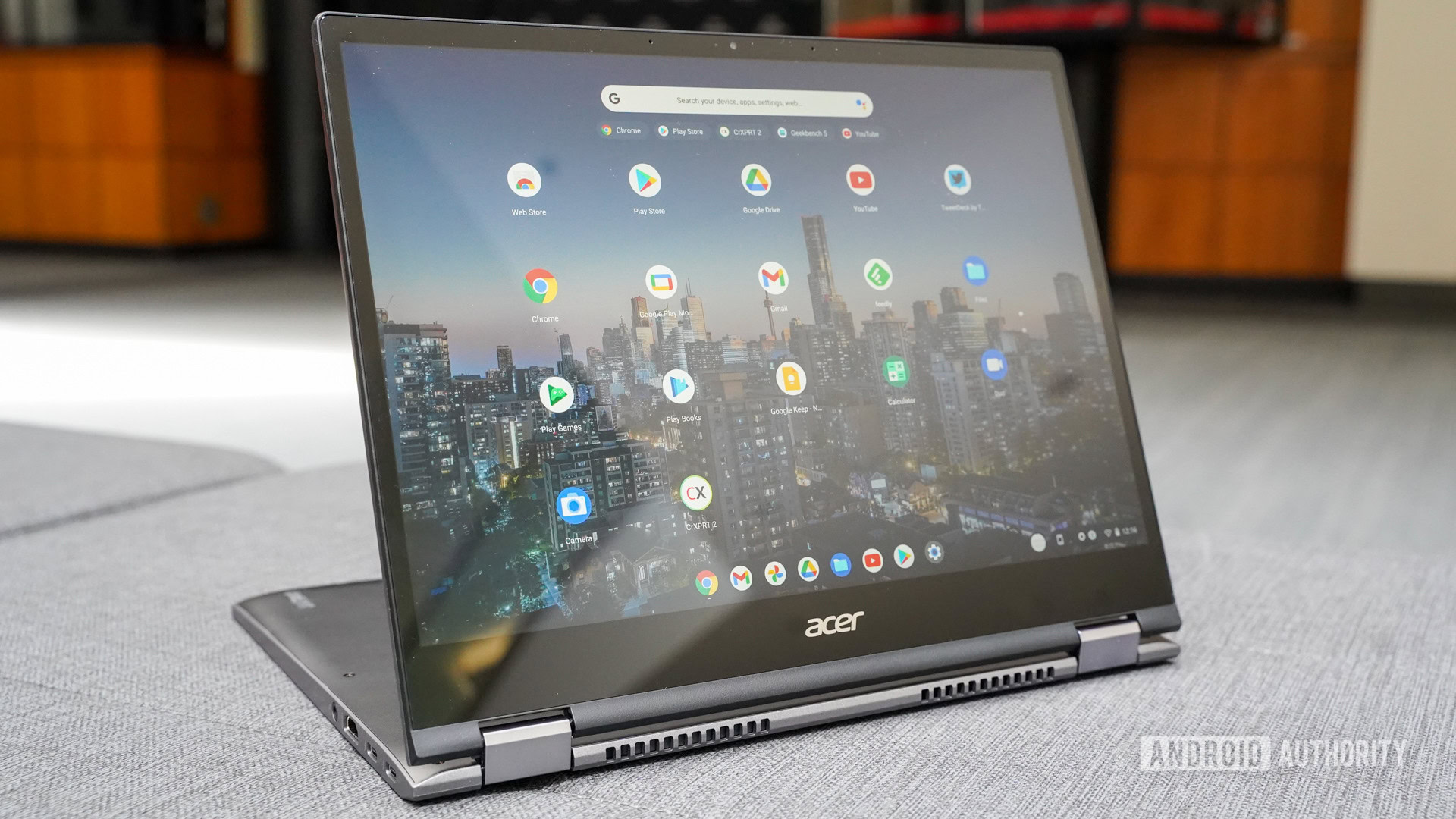- Feb 4, 2016
- 2,520

Google announces Chrome OS Flex: Easily turn your PC or Mac into a Chromebook
Google just announced Chrome OS Flex. It's a simple way to turn your laptop, PC, or Mac into a Chromebook/Chromebox.
www.androidauthority.com
You can try out Chrome OS Flex with just a USB stick, or replace your current operating system.
A lot of us have an old laptop collecting dust in a closet somewhere. It probably boots really slowly, has outdated software, or just plain doesn’t work. If only there were a way to repurpose that machine into something useful instead of taking it to a landfill! Enter Chrome OS Flex, a new software system from Google. You can use it to install Chrome OS on Windows- or Mac-based machines. It essentially turns your laptop, PC, or Mac into a Chromebook or Chromebox for free.
Google is pushing Flex as a cheap way for business and education IT administrators to deploy large fleets of Chromebooks for very little cash. However, the system is free and open to the public as well, which could allow individual users to repurpose old machines or simply see what Chrome OS is all about.
Chrome OS Flex is based on the same core code as the Chrome OS that comes pre-installed on Chromebooks. That means you get access to the full operating system, Google Assistant integration, monthly updates, Google Play Store support, etc.
Flex is entering early access today. If you want to give it a try, you can head here. If you want to know more about it, read on.
Google understands that swapping out your current computer’s operating system might be a big ask. Thankfully, you can give Flex a shot with just a USB stick.
Using a provided software suite, you can create a bootable disk with a thumb drive you already own.
By following instructions provided by Google, you can use your current computer to boot from that drive and give Chrome OS Flex a test run. If you don’t like it, you can just take out the thumb drive, format it, and move on.
If you do like it, you can graduate from the USB stick to fully installing Flex on your system. Google gives you software tools to do that on both Windows- and Mac-based systems. This could breathe new life into an old computer, even if it’s up to 13 years old!

